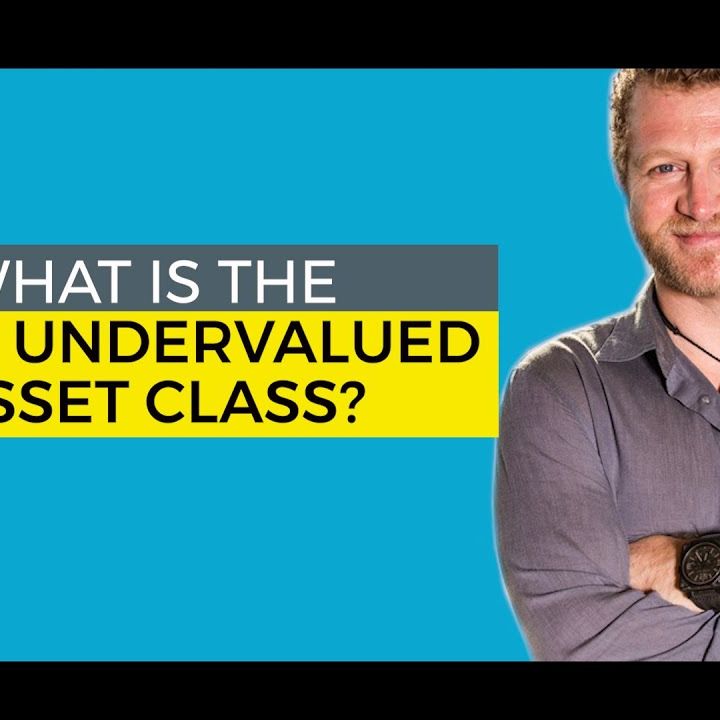When it concerns, everybody normally has the same 2 concerns: "Which one will make me the most money? And how can I break in?" The response to the first one is: "In the short-term, the large, traditional companies that carry out leveraged buyouts of business still tend to pay one of the most. Tyler Tysdal.
e., equity methods). However the primary classification criteria are (in properties under management (AUM) or typical fund size),,,, and. Size matters because the more in possessions under management (AUM) a firm has, the more likely it is to be diversified. For instance, smaller sized companies with $100 $500 million in AUM tend to be quite specialized, however firms with $50 or $100 billion do a bit of everything.
Listed below that are middle-market funds (split into "upper" and "lower") and after that store funds. There are 4 primary financial investment stages for equity techniques: This one is for pre-revenue business, such as tech and biotech startups, as well as companies that have actually product/market fit and some revenue however no substantial growth - .

This one is for later-stage business with tested organization designs and items, but which still require capital to grow and diversify their operations. These companies are "larger" (tens of millions, hundreds of millions, or billions in income) and are no longer growing quickly, however they have higher margins and more considerable cash flows.

After a business grows, it might run into difficulty due to the fact that of changing market characteristics, brand-new competition, technological modifications, or over-expansion. If the business's difficulties are severe enough, a firm that does distressed investing might can be found in and attempt a turn-around (note that this is typically more of a "credit method").
Or, it might specialize in a specific sector. While plays a role here, there are some big, sector-specific companies. For instance, Silver Lake, Vista Equity, and Thoma Bravo all focus on, but they're all in the leading 20 PE companies worldwide according to 5-year fundraising overalls. Does the company concentrate on "monetary engineering," AKA using leverage to do the initial offer and constantly including more leverage with dividend wrap-ups!.?.!? Or does it concentrate on "operational enhancements," such as cutting expenses and improving sales-rep productivity? Some companies also utilize "roll-up" strategies where they obtain one firm and after that use it to combine smaller rivals via bolt-on acquisitions.
Many firms utilize both techniques, and some of the bigger growth equity firms also carry out leveraged buyouts of mature companies. Some VC firms, such as Sequoia, have also moved up into growth equity, and various mega-funds now have growth equity groups. . Tens of billions in AUM, with the leading couple of companies at over $30 billion.
Obviously, this works both methods: take advantage of magnifies returns, so a highly leveraged offer can likewise develop into a catastrophe if the business carries out badly. Some companies likewise "improve company operations" by means of restructuring, cost-cutting, or rate boosts, however these methods have become less effective as the marketplace has actually become more saturated.
The most significant private equity companies have hundreds of billions in AUM, however just a Go to the website small percentage of those are devoted to LBOs; the most significant private funds might be in the $10 $30 billion variety, with smaller ones in the numerous millions. Fully grown. Diversified, but there's less activity in emerging and frontier markets considering that less business have steady capital.
With this method, companies do not invest directly in business' equity or financial obligation, or even in properties. Instead, they invest in other private equity companies who then invest in companies or assets. This role is rather various because experts at funds of funds carry out due diligence on other PE companies by examining their groups, performance history, portfolio companies, and more.
On the surface level, yes, private equity returns appear to be greater than the returns of major indices like the S&P 500 and FTSE All-Share Index over the previous few years. Nevertheless, the IRR metric is deceptive due to the fact that it assumes reinvestment of all interim cash streams at the exact same rate that the fund itself is earning.
They could easily be regulated out of presence, and I do not believe they have a particularly intense future (how much bigger could Blackstone get, and how could it hope to understand solid returns at that scale?). So, if you're seeking to the future and you still want a career in private equity, I would state: Your long-lasting potential customers might be much better at that concentrate on development capital given that there's a simpler path to promo, and given that some of these companies can add genuine worth to business (so, minimized chances of guideline and anti-trust).